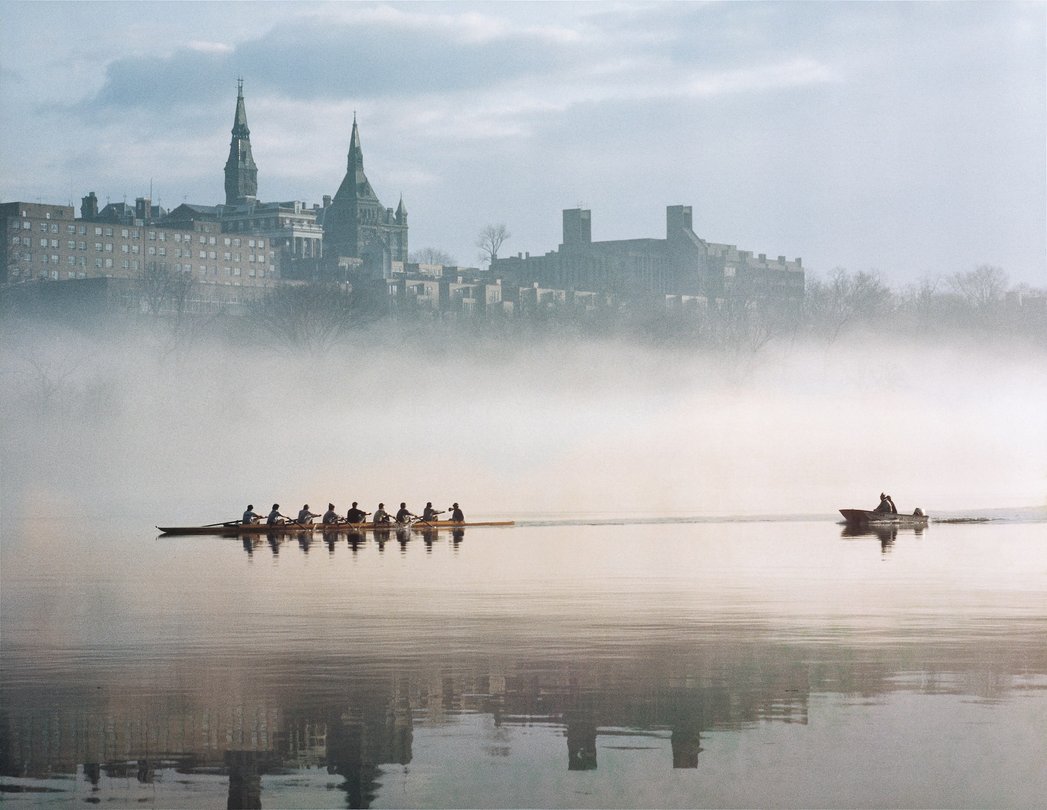In Georgetown's Forensic Investigation Academy, you'll gain a firsthand look at the world of forensic investigation from professionals in the field—including investigators, detectives, crime scene technicians, and pathologists. Topics covered will include crime scene diagramming, evidence collection, criminal investigative process, and video forensic analysis, to the ethical dimensions of issues faced by today’s criminal investigative professionals. Various exercises, class interaction, case studies, lectures, discussions, mock crime scene creation, and examination have been developed to provide exposure to Criminal Forensic investigation. Test your critical thinking skills by identifying and interpreting the evidence as you explore the application of science and medicine in law enforcement.
Program Dates
June 14–26, 2026
June
Program Format & Subject Areas
As a student in the Forensic Investigation Academy, you'll spend your day immersed in a blend of classroom lectures, field trips, hands-on activities, and group discussions. Throughout the course of the week, you'll have the opportunity to explore the following subject areas:
- Crime scene analysis
- Types of evidence important to criminal investigations
- Criminal evidence collection
- Diagramming crime scenes
- Deductive reasoning in criminal investigation
- Actual criminal case study
- Interviewing and interrogation techniques
- Ballistic forensics
- Fingerprinting
- Testifying in court as a forensic expert and/or detective
- Blood spatter analysis
- Geographic profiling
- Medical examinations
- Gang member investigations
- Terrorism investigations
*The list of subjects is not all-inclusive and is subject to change and modification based on instructor availability and time allotments to cover materials.
How You'll Benefit
-
#1
Meet and interact with forensic practitioners and veteran criminal investigators.
-
#2
Interact with guest speakers from agencies such as the DC Department of Forensic Science and the DC Metropolitan Police Department's Homicide, Sexual Assault, and Cold Case Units.
-
#3
Hear from detectives who have solved high-profile murder cases and forensic evidence investigators.
-
#4
Apply analytical and critical thinking designed to process crime scenes and solve cases.
-
#5
Interact with students with similar interest in Forensic Investigation to foster information sharing and networking.
-
#6
Gain insight into various career opportunities in the field of Forensic Investigation.
Having the chance to experience once in a lifetime opportunities and getting to meet people from around the world made it so I got to really experience what college life was like.
 Anthony DuPrau
Student
Anthony DuPrau
Student
| Time | Activity |
|---|---|
| 7:00 a.m.–9:00 a.m. | Breakfast |
| 9:00 a.m.–12:00 p.m. | Lecture/Off-Site Visit/Lab |
| 12:00 p.m.–1:30 p.m. | Lunch |
| 1:30 p.m.–5:00 p.m. | Lecture/Off-Site Visit/Lab |
| 5:00 p.m.–7:00 p.m. | Dinner |
| 7:00 p.m.–9:00 p.m. | Capstone Project |
| 9:00 p.m.–11:00 p.m. | Student Activities/Residential Life Supervision |
In the Forensic Investigation Academy, you'll attend academic programming between 9:00 a.m. and 4:30 p.m. during the weekdays, which will include lectures, guest speakers, hands-on activities, group discussions, and off-site visits. At the end of the day, you'll have opportunities to participate in optional cocurricular events, free time, and residential living activities until curfew.
We’re here to help
Whether you have questions about our programs, events, or general inquiries, you can reach us in the way that works best for you.
Summer Programs for High School Students Office
Office Hours: 9:00 a.m.–5:30 p.m. ET, M–F
Email: highschool@georgetown.edu
Phone: (202) 687-7087
Admissions Office Mailing Address
Georgetown University
Summer Programs for High School Students
Admissions Office
111 Massachusetts Ave NW
Washington, DC 20001
Summer Hoya Office
Office Hours: Sunday–Saturday. 8:00 a.m.–10:00 p.m., May through August
Email: summerhoya@georgetown.edu
Phone: (202) 687-9786
University Information Services (UIS)
Office Hours: Monday–Friday, 8:30 a.m.–5:00 p.m. ET
Email: help@georgetown.edu
Phone: (202) 687-4949
University Registrar’s Office (OUR)
Office Hours: Monday–Friday, 9:00 a.m.–5:00 p.m. ET
Email: univregistrar@georgetown.edu
Phone: (202) 687-4020
Non-Credit Student Accounts (NCSA)
Office Hours: Monday–Friday, 9:00 a.m.–5:00 p.m. ET
Email: noncreditaccounts@georgetown.edu
Phone: (202) 687-7696
Office of Revenue & Receivables
Office Hours: Monday–Friday, 9:00 a.m.–5:00 p.m. ET
Email: studentaccounts@georgetown.edu
Phone: (202) 687-7100

